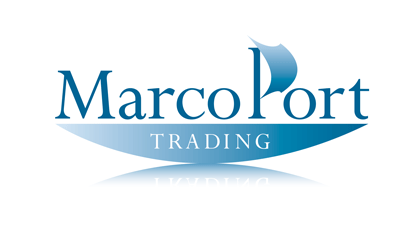Below is a glossary of terms for those new to custom manufacturing sourcing.
Country of origin markings: Every nation has regulations about marking each manufactured product with the country of origin. For example, US regulations require each item be marked in a way that is permanent and clearly visible to the buyer at the time of purchase. It is important to make sure your product complies with these regulations and also any regulations of the country of import.
Moldings: Items that are a unique shape will require that a mold be produced for the first production run. For example, if you would like to produce a unique plastic case for which there is no existing mold, you will need to purchase a specially designed mold for the first production run. The price of the mold can vary from a few hundred dollars to thousands of dollars depending on factors such as size, material and production run.
Order size and pricing: Every product has a minimum order quantity based on the value of the order, the type of manufacturing and minimum purchase requirements from the material vendors. For example, products that do not require molds such as handbags have smaller production runs that may only be in the hundreds. For plastic products, which usually require molds and have higher material purchase requirements, the minimum production run will most likely be much higher.
To reduce unit costs, strive to make each production run as large as possible since higher production runs result in lower unit costs.
Pricing and Shipping Terms
Cost, Insurance, Freight (CIF): This price includes the cost of the goods as well as shipping and insurance to the requested port. For example, CIF Los Angeles is the price for the cost of the goods, shipping and insurance until the goods reach the designated port in Los Angeles.
Ex: This refers to the price of the goods at the indicated point of origin. For example, the ex factory price is the price of the goods at the factory gate.
Free on Board (FOB): This price includes the cost of producing, packing and loading the goods onboard a vessel. For example, FOB Shanghai is the quoted price for all expenses in producing the goods and loading them on a shipping vessel in Shanghai as well as clearing the goods for export. From that point, the buyer is responsible for all shipping and insurance costs.
Minimum Order Quantity (MOQ): This is the minimum quantity that can be purchased for any product.
US Dollars (USD): Pricing is always set in U.S. dollars regardless of the country of production or the destination of the goods.
Customs Entry Terms
When imported goods exceed a certain monetary value (e.g. $2,000 in the USA), a formal customs entry is required. The documentation required for formal entries varies by country and product. However, international trade follows general guidelines, and the following documentation is usually required before goods will be released:
1. Bill of Lading
2. Commercial invoice
3. Packing list
In addition to the standard documentation listed above, some goods require additional documentation, as follows:
1. Certificate of origin: This is sometimes required to obtain favorable tariff rates.
2. Packing declaration: A document required to ensure packaging does not contain harmful parasites and has proper fumigation if timber is present.
3. Other documentation may be needed if the laws of the country or nature of the goods require it.
Bill of Lading: A document prepared by a carrier of goods that acts as a receipt and document of title and sets forth the conditions in which the freight will be delivered. Different types of bills of lading include an airway bill of lading, inland bill of lading, ocean bill of lading, and through bill of lading.
Carrier: the person or company that transports the goods.
Commercial invoice: A statement of transaction between a seller and buyer prepared by the seller that outlines the goods shipped as well as declaring the value and country of origin.
Consignee: The person or company to whom the goods will be shipped.
Consignor: The person or company from which a shipment originates.
Customs Broker: An agent licensed to clear goods entering a country through customs for the consignee.
GST/VAT Taxes: Many countries, including Canada, Australia and most nations in Europe, charge GST/VAT taxes. Since this tax is passed onto the end user of the goods, it is recoverable in most situations.
Letter of Credit: A letter issued by a bank that guarantees payment providing the conditions of the letter are met.
Packing list: A list prepared by the shipper which details the contents of all the packages in a shipment such as number of cartons, quantity, weight and measurements.
Port of Entry: A port designated to receive foreign shipments to which customs officers are assigned.
Tariff: A tax that a government levies on goods when they enter a country.
